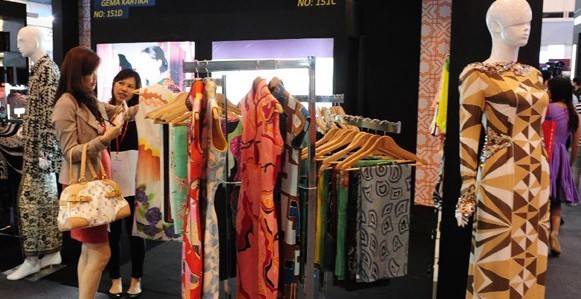

The growth of luxury spending in China has dramatically slowed, as China has launched yet another anti-corruption drive.
Growth of luxury industry sales will steadily slow to 12 percent annually in the future three years, while between 2008 and 2012, the growth was about 27 percent, according to McKinsey & Co, a consultant firm.
"In the first quarter, our sales went up by 4.6 percent compared to last year," said Chu Xiaohui, general manager of C&D Wines Group Beijing. "But compared to previous years, we used to see 30 percent increases in this period, so our sales are slowing down."
Hang Sang bank of Hong Kong estimated that visitors from the mainland account for about one third of overall retail spending in Hong Kong. However, Hong Kong retail sales growth unexpectedly slowed despite the growth of visitor number, who were losing interest in luxury items.
For instance, the sales of alcohol and tobacco fell by 20 percent in July from a year earlier.
The situation forces luxury companies to change marketing strategy in China. To shore up sales and convince buyers that their products are worth the hefty price tag, luxury companies are offering in-depth lessons for the purpose.
Jay Ginsberg, owner of wine dealers Ginsberg + Chan in Hong Kong, said the gift trade accounted for almost 40 percent of his business in 2011.
But the situation has changed remarkably. "We're not selling much to those who were passing these on as gifts to officials. That's disappeared," he said, adding that the main reason behind is the crackdown.
At a meeting of the Communist Party of China (CPC) Central Commission for Discipline Inspection last week, the CPC's top disciplinary arm called for efforts to fight the "four forms of decadence": formalism, bureaucratism, hedonism and extravagance.
Practices like giving gifts or holding banquets using public funds around festivals, such as the forthcoming Mid-Autumn Festival, which falls on Sept. 19 this year, must be restrained, according to a statement after the meeting.
"These measures are sort of an extension of the 'eight-point rule' announced earlier," said Xiao Jinming, a Shandong University law professor.
The CPC leadership earlier introduced an "eight-point" rules to fight bureaucratism and formalism, urging CPC officials to reduce pomp, ceremony, and bureaucratic visits and meetings.
As a result, the coming festival.s quintessential mooncake market is returning to its senses this year.
"We usually would have sold mooncakes worth half a million yuan by this time in previous years, but this year we have only netted tens of thousands of yuan," complained Li Aihua, who owns an online mooncake franchise shop in Chengdu, capital of southwest China's Sichuan Province.
Copyright ©1999-2018
Chinanews.com. All rights reserved.
Reproduction in whole or in part without permission is prohibited.